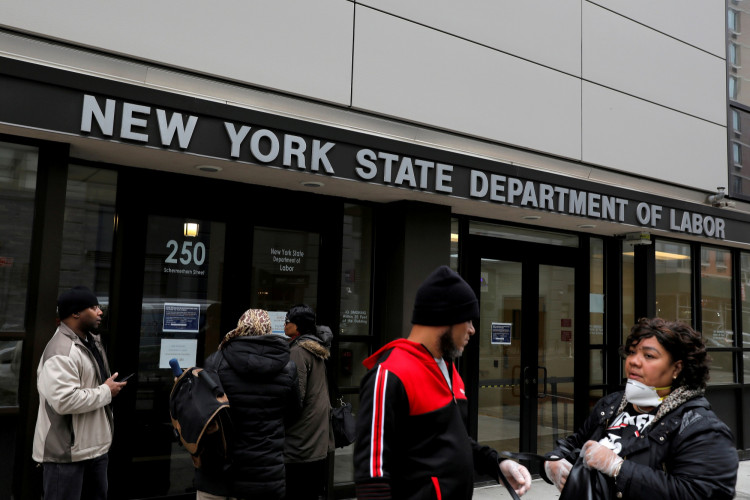President Donald Trump Friday signed into law the $484 billion coronavirus relief package, opening the way for Congress to enact the new CARES 2 (Coronavirus Aid, Relief, and Economic Security Act 2) legislation.
Enactment of the $484 billion package came only a day after it was overwhelmingly approved by the House and three days after the Senate did so. The new law is the fourth passed by the U.S. Congress over the past month to deal with the unprecedented financial and economic damage being inflicted by COVID-19 on the U.S. It brings to almost $3 billion the money set aside by Congress to boost the badly-hit economy by boosting businesses.
The massive financial package in the $484 billion coronavirus relief package provides relief for small businesses reeling from massive financial losses as employees and customers stay home. It also lends a hand to hospitals under great stress from a deluge of patients and also expands coronavirus testing.
More importantly, the new fourth package opens the door to an even larger relief package, which is CARES 2. CARES 2 is expected to expand funding for unemployment benefits, food stamps, COVID-19 testing, and the acquisition of medical-safety equipment.
The fight for CARES 2 is expected to be vicious as Republicans remain wary of further expanding the already gigantic federal budget deficit. On the other hand, Democrats assert the hard-hit U.S. economy needs all the help it needs now or there won't be an economy to rescue in the future.
On Friday, House Speaker Nancy Pelosi (D-CA) asserted Congress will pass CARES 2 with relief for states and municipalities. She estimated the total might come to $700 billion, which will be "equivalent to what we've done for small businesses." The National Governors Association requested $500 billion from Congress this week.
"There will be a bill, and it will be expensive," said Pelosi. "And we look forward to doing it as soon as possible because jobs are at stake, protection of our people, the health and well-being of the American people are at stake. And the sooner we get this done the better."
Centerpiece of the $484 billion coronavirus relief package is $310 billion to replenish the Paycheck Protection Program (PPP), a popular initiative that provides forgivable loans to small businesses devastated by the pandemic. PPP provides small business loans that can be forgiven if used for wages, benefits, rent, and utilities.
Congress provided $349 billion for the PPP in the third relief bill, the $2.2 trillion package enacted on March 27. Massive demand for the PPP money immediately saw this fund swiftly dwindle and run out last week.
Other highlights of the new legislation:
* $60 billion for Small Business Administration disaster assistance loans and grants.
* $75 billion in grants to hospitals dealing with a flood of patients.
* $25 billion to bolster coronavirus testing, a key part of efforts to reopen the economy.





